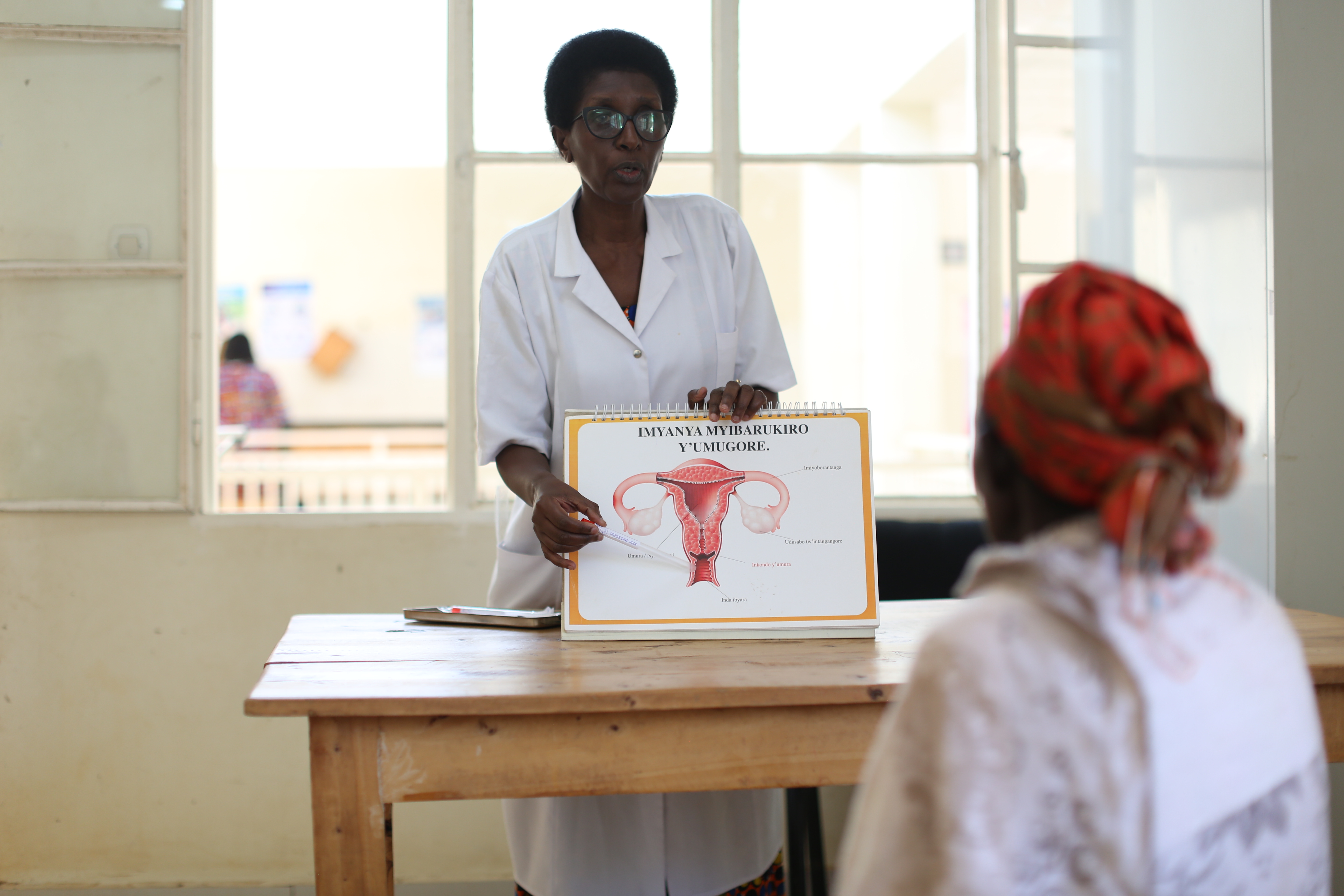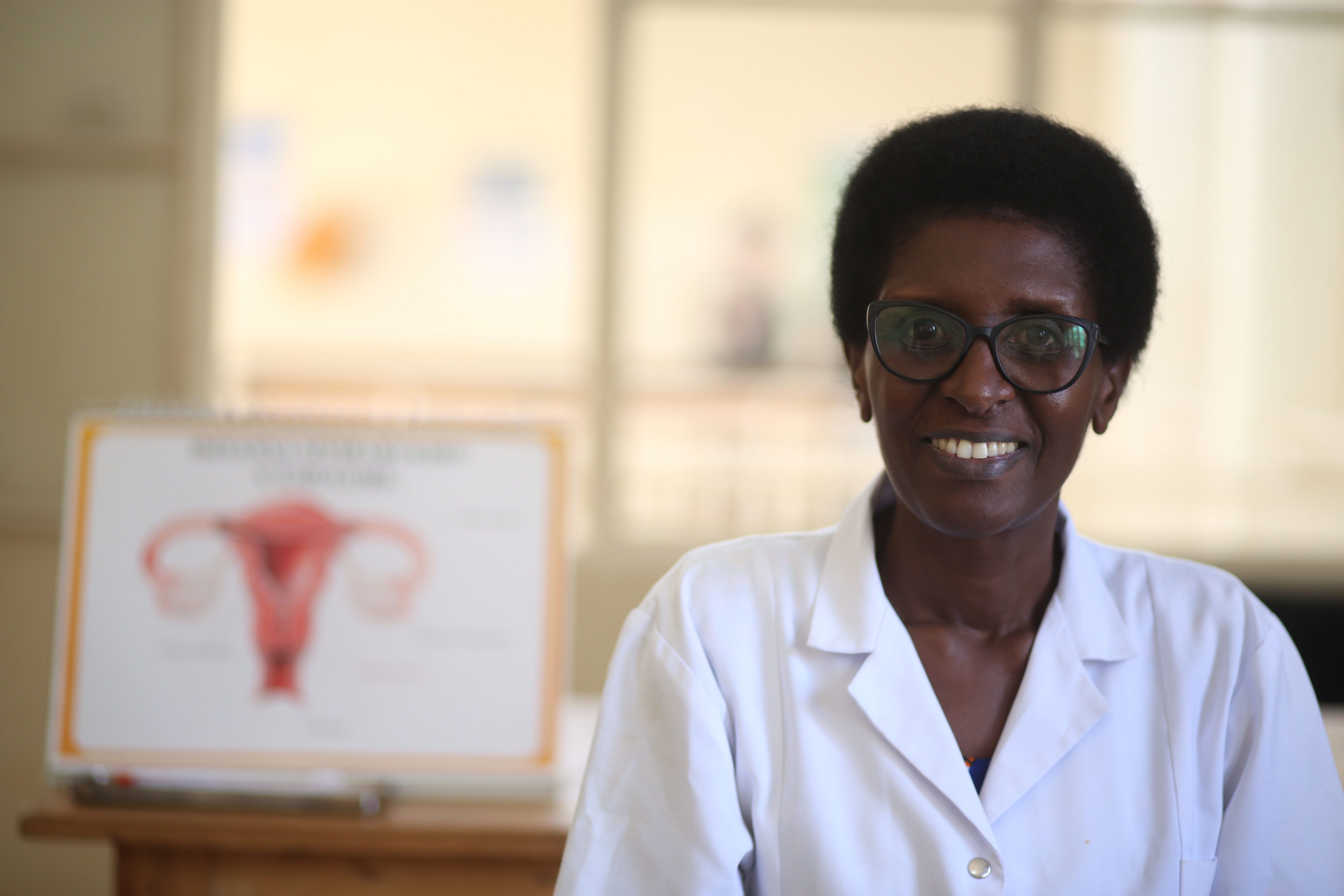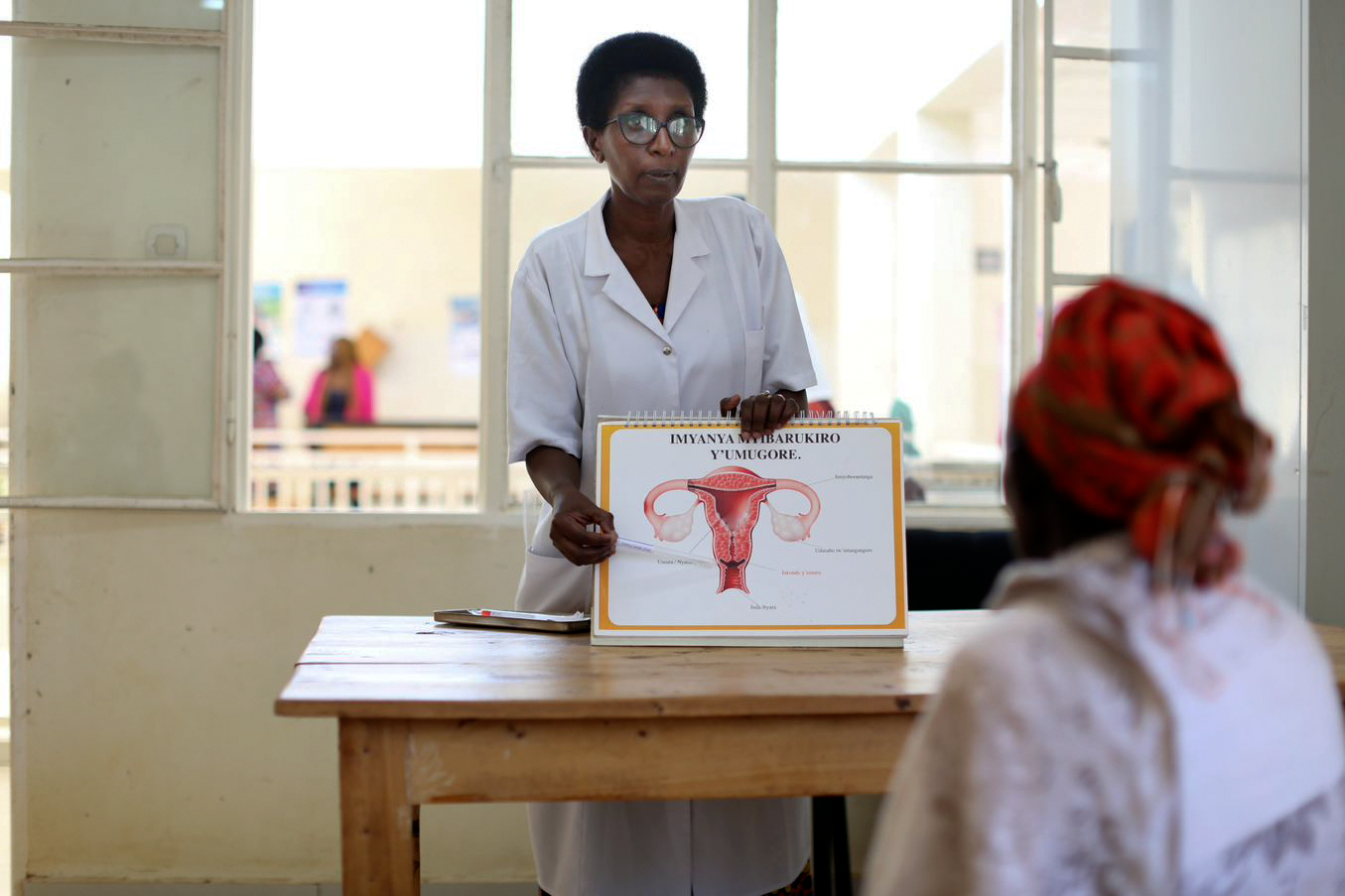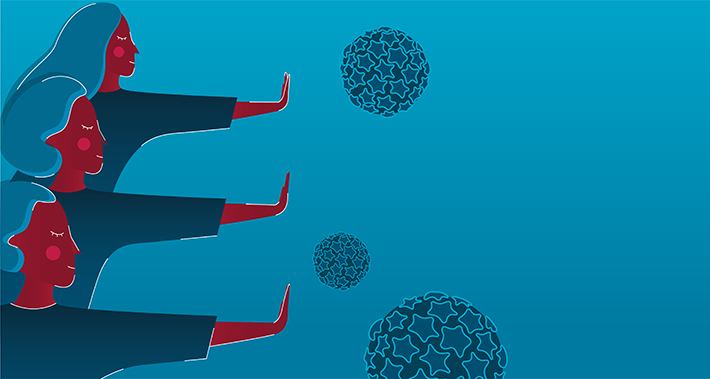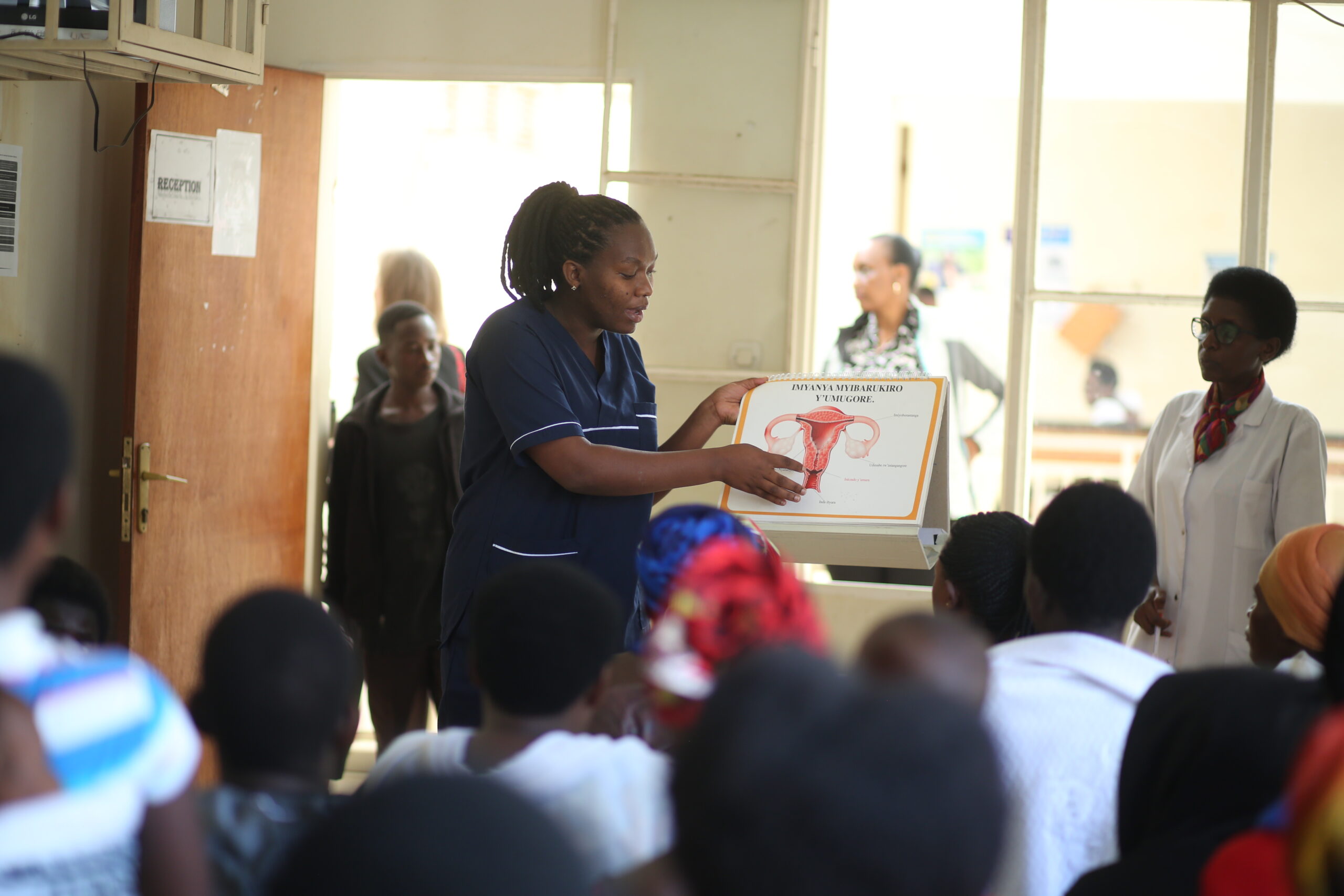Less invasive
Enables decentralization
Improves uptake
Self-collection allows women to perform their own vaginal swab to collect the sample of cells needed to test for the human papillomavirus (HPV), the infection that causes nearly all cases of cervical cancer. Self-collected samples have shown to be as reliable as samples collected by health care providers.
Identifying the HPV infection is critical to providing preventive treatment and averting the progression to cancer. However, sample collection by a healthcare provider requires a pelvic exam, which can, for reasons ranging from cultural or religious beliefs, stigma or shame, act as a deterrent to testing. Additionally, self-collection can be conducted outside of the healthcare facility, and even at home, with women sending their samples or community workers helping to transport samples back to the laboratory for testing, helping decentralize care and reach more women.
As part of our larger effort to extend cervical cancer prevention into low- and middle-income countries with an adapted package of care, we are working to demonstrate how self-collection and community-led interventions can help more women get tested and access treatment. Alongside high-quality HPV tests and thermal ablation devices for treating the early signs of cervical cancer, our programs have successfully demonstrated models for cervical cancer prevention programs that exceed World Health Organization screening targets in many sites.


